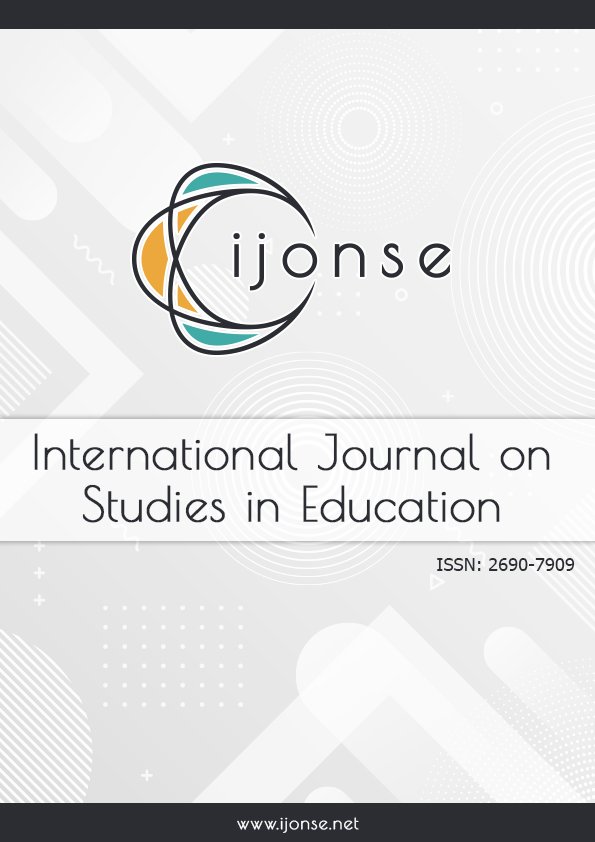Efficacy of Hedges in Formative Feedback on L2 Writing
DOI:
https://doi.org/10.46328/ijonse.171Keywords:
Dialogic, Hedges, Formative feedback, Academic cultureAbstract
In the context of cross-cultural classrooms, the exchange of feedback between teachers and students holds significant importance as a channel for dialogic communication. This study examined how international students interpreted and responded to formative feedback during their revision processes. It had two objectives: evaluating the efficacy of hedged comments in facilitating successful revisions by L2 writers and exploring students' interpretation and comprehension of hedges delivered within formative feedback. Data was collected through students’ draft and revision writing, along with retrospective interviews. The findings indicated that implicit feedback lacking clarity posed challenges, resulting in low rates of successful revisions. Students initially reacted critically to the feedback, leading to diminished confidence, motivation, and self-esteem. They also reported differences in feedback delivery compared to their previous experiences. These results emphasize the importance of writing teachers recognizing the fundamental differences in students’ academic cultures and reconstructing feedback practices for more effective communication. By adopting culturally sensitive and contextually appropriate feedback approaches, teachers can better support students in their writing endeavors and create a more conducive learning environment.References
Ryoo, S.M. (2023). Efficacy of hedges in formative feedback on L2 writing. International Journal on Studies in Education (IJonSE), 5(4), 550-567. https://doi.org/10.46328/ijonse.171
Downloads
Published
Issue
Section
License
Articles may be used for research, teaching, and private study purposes. Authors alone are responsible for the contents of their articles. The journal owns the copyright of the articles. The publisher shall not be liable for any loss, actions, claims, proceedings, demand, or costs or damages whatsoever or howsoever caused arising directly or indirectly in connection with or arising out of the use of the research material.
The author(s) of a manuscript agree that if the manuscript is accepted for publication in the International Journal on Studies in Education (IJonSE), the published article will be copyrighted using a Creative Commons “Attribution 4.0 International” license. This license allows others to freely copy, distribute, and display the copyrighted work, and derivative works based upon it, under certain specified conditions.
Authors are responsible for obtaining written permission to include any images or artwork for which they do not hold copyright in their articles, or to adapt any such images or artwork for inclusion in their articles. The copyright holder must be made explicitly aware that the image(s) or artwork will be made freely available online as part of the article under a Creative Commons “Attribution 4.0 International” license.

This work is licensed under a Creative Commons Attribution-NonCommercial-ShareAlike 4.0 International License.





